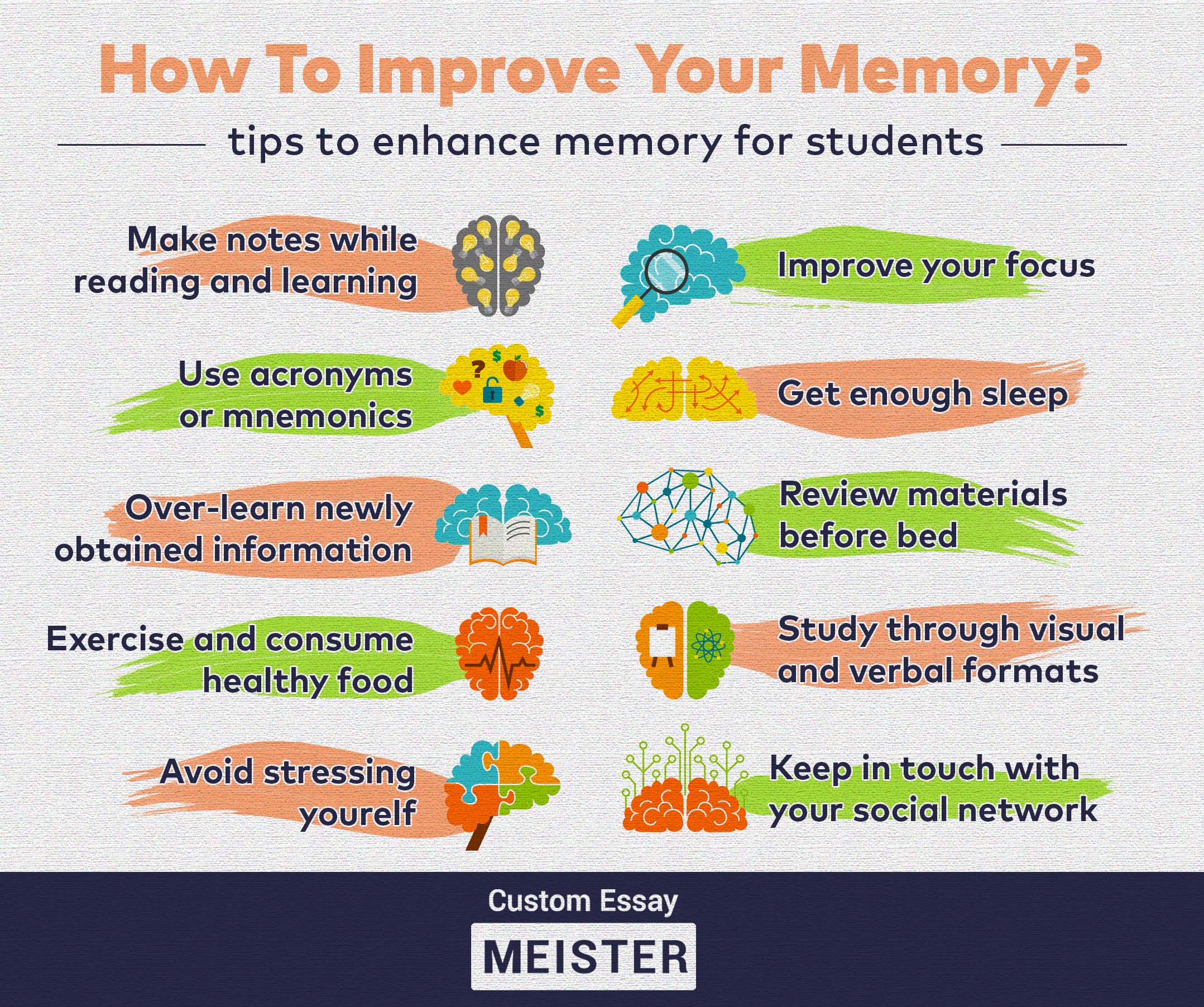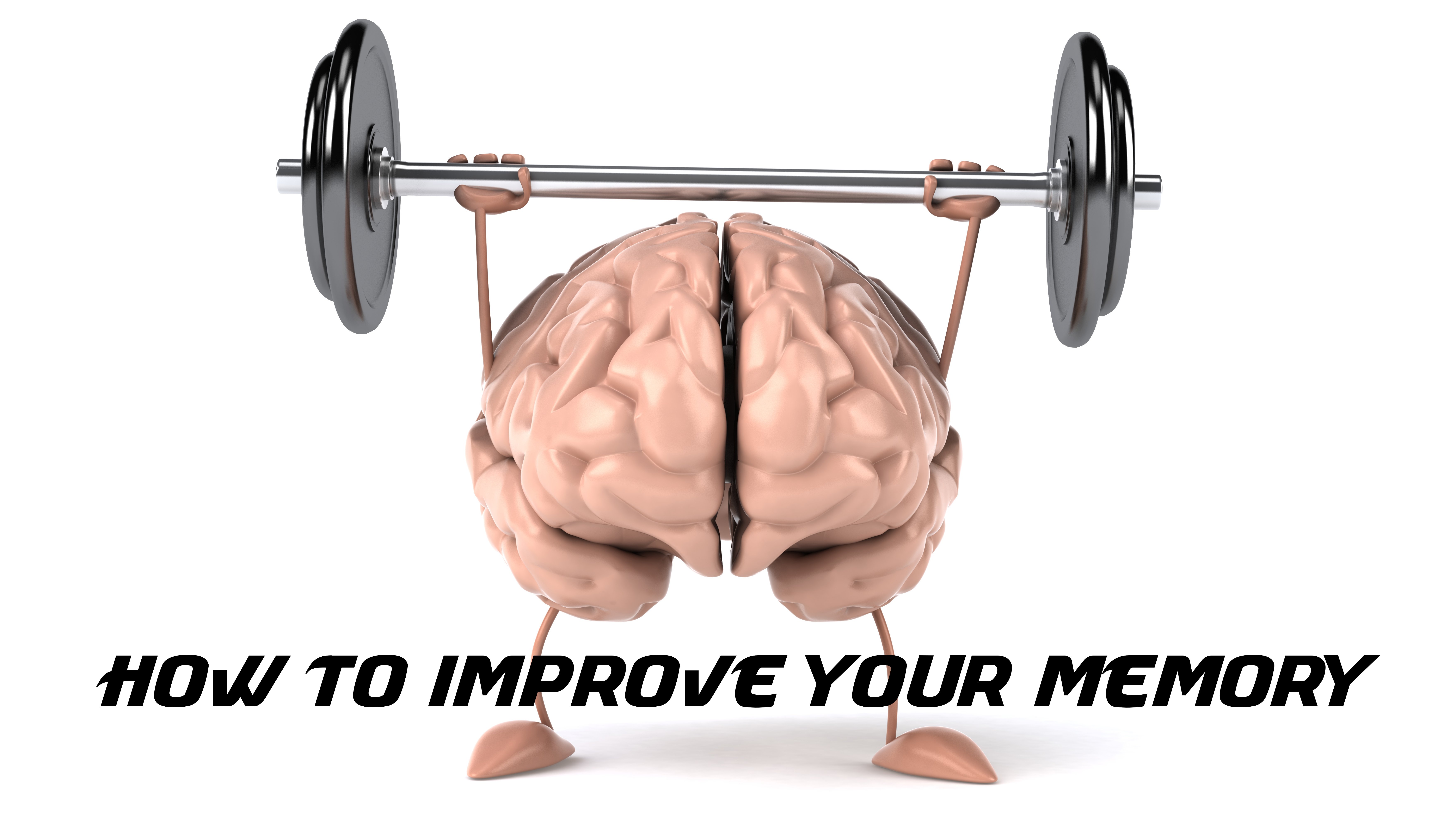
Improve Memory & Recall: 5 Simple Walnut Habits for a Sharper Mind
We all crave that sharper mind, the ability to recall names, facts, and even those fleeting moments that make life so vibrant. Forgetfulness isn’t a sign of aging; it’s a sign your brain needs a little TLC. And surprisingly, the answer might be simpler than you think. Enter the humble walnut – a tiny powerhouse packed with nutrients that can significantly boost memory and recall. Forget complicated memory games and brain-training apps; these five simple walnut habits could be the key to unlocking your cognitive potential.
The Walnut’s Wonder: A Nutritional Powerhouse for the Brain
Walnuts boast a unique blend of nutrients crucial for brain health. Their rich omega-3 fatty acids, particularly alpha-linolenic acid (ALA), are vital for brain structure and function. They also contain Vitamin E, an antioxidant that protects brain cells from damage, and various other compounds that support cognitive function. This isn’t just hype; numerous studies link walnut consumption to improved memory and cognitive performance.
5 Walnut Habits for a Sharper You:
Let’s dive into the five simple ways to incorporate walnuts into your daily routine for a noticeable improvement in your memory and recall.
1. The Morning Mind Fuel:
Start your day with a brain-boosting breakfast. Sprinkle a handful of chopped walnuts onto your yogurt, oatmeal, or even your morning smoothie. This provides an immediate dose of essential nutrients to kickstart your cognitive function. The healthy fats in walnuts will help sustain energy levels and concentration throughout the morning.
2. The Afternoon Energy Boost:
Mid-afternoon slump hitting hard? Reach for a small handful of walnuts instead of that sugary snack. The healthy fats and sustained energy release will combat fatigue and sharpen your focus, making those afternoon tasks much more manageable.
3. The Evening Brain Reset:
Before bed, consider a small handful of walnuts as part of your evening snack. While avoiding large meals before sleep, a small portion of walnuts can aid in restorative sleep – crucial for memory consolidation.
4. The Creative Culinary Infusion:
Don’t limit yourself to snacking! Incorporate walnuts into your meals. Add them to salads, stir-fries, or even bake them into your favorite bread or muffins. This ensures you consistently benefit from their brain-boosting properties.
5. The Mindful Munching Moment:
Make a conscious effort to savor your walnuts. Pay attention to their texture and taste. This mindful eating practice enhances your enjoyment and encourages a healthier relationship with food, potentially leading to better overall well-being.
Beyond the Nut: Supporting Your Brain’s Potential
While walnuts are a fantastic addition to a brain-healthy diet, remember that a holistic approach is key. Regular exercise, sufficient sleep, stress management techniques (like meditation or yoga), and a balanced diet rich in fruits, vegetables, and whole grains are essential components of a sharp mind.
| Habit | Benefit | Time of Day |
|---|---|---|
| Morning Mind Fuel | Kickstarts cognitive function | Morning |
| Afternoon Energy Boost | Combats fatigue, sharpens focus | Afternoon |
| Evening Brain Reset | Aids in restorative sleep | Evening |
| Culinary Infusion | Consistent brain-boosting nutrients | Throughout the day |
| Mindful Munching | Enhances enjoyment, overall well-being | Any time |
Conclusion:
Improving memory and recall doesn’t require complex strategies. By incorporating these five simple walnut habits into your daily life, you can pave the way for a sharper, more focused mind. Remember, small changes can lead to significant improvements in your cognitive health and overall well-being. So, embrace the walnut and unlock your brain’s full potential.

Additional Information
Deep Dive: Improving Memory & Recall with “Wallnut” Habits – An Analytical Perspective
The concept of “Wallnut Habits” for improved memory, while intriguing, requires clarification. Assuming “Wallnut” is a mnemonic device representing specific practices (perhaps incorporating elements of “walk,” “learn,” “nutrition,” “unplug,” and “think”), let’s analyze how these approaches impact memory and recall, moving beyond simplistic claims.
1. Walk (Physical Activity): The link between physical activity and cognitive function is well-established. Exercise boosts blood flow to the brain, delivering crucial oxygen and nutrients vital for neuronal health and plasticity – the brain’s ability to reorganize itself by forming new neural connections. Studies show that regular aerobic exercise, such as walking, can increase hippocampal volume. The hippocampus is a brain region critical for memory consolidation and spatial navigation. For instance, a meta-analysis published in Neurobiology of Aging (Erickson et al., 2011) demonstrated a significant positive correlation between aerobic exercise and hippocampal volume, translating to improved memory performance, especially in older adults. The intensity and duration of walking matter; aiming for at least 150 minutes of moderate-intensity aerobic activity per week is generally recommended.
2. Learn (Cognitive Stimulation): Engaging in mentally stimulating activities is crucial for maintaining cognitive reserve and enhancing memory. This involves activities like learning a new language, playing a musical instrument, solving puzzles, or engaging in intellectually challenging hobbies. Neuroplasticity is at the heart of this process; the brain adapts and strengthens neural pathways used during learning. A longitudinal study published in The Lancet (Fratiglioni et al., 2004) found that individuals with higher levels of cognitive engagement throughout life showed a significantly reduced risk of developing dementia. The key is consistent engagement; sporadic bursts of learning are less effective than sustained cognitive stimulation.
3. Nutrition (Brain-Boosting Diet): The brain is highly metabolically active, requiring a constant supply of energy and essential nutrients. A diet rich in antioxidants, omega-3 fatty acids, and vitamins like B vitamins and vitamin E is crucial for optimal brain function. Antioxidants combat oxidative stress, which damages brain cells. Omega-3 fatty acids are integral components of brain cell membranes. While no single “brain food” guarantees memory improvement, a balanced diet focusing on fruits, vegetables, whole grains, lean protein, and healthy fats provides a solid foundation for cognitive health. Studies show a correlation between Mediterranean diets, rich in these nutrients, and reduced risk of cognitive decline.
4. Unplug (Stress Reduction): Chronic stress negatively impacts memory consolidation. Elevated cortisol levels, associated with prolonged stress, can impair hippocampal function and hinder the formation of new memories. Practicing stress-reduction techniques like mindfulness meditation, yoga, or deep breathing exercises can mitigate the harmful effects of stress on memory. Research has shown that mindfulness meditation can enhance attention and working memory capacity. Regularly scheduling periods of “unplugging” from electronic devices, which are often associated with increased stress and sleep disruption, is also beneficial.
5. Think (Cognitive Training): Targeted cognitive training exercises can improve specific cognitive abilities, including memory. These exercises often involve memory games, mnemonic techniques, or working memory tasks. The effectiveness of cognitive training is a subject of ongoing research, with some studies demonstrating improvements in trained cognitive skills, while others show limited transfer to broader cognitive abilities. The key is choosing exercises that challenge your cognitive abilities and engaging consistently.
Conclusion:
The “Wallnut” approach, interpreted as a combination of physical activity, cognitive stimulation, nutrition, stress reduction, and cognitive training, offers a holistic strategy for improving memory and recall. While no single method guarantees dramatic improvements, the synergistic effect of these habits can significantly contribute to better cognitive health and memory function. It’s crucial to remember that consistency and a long-term commitment are key factors in achieving lasting results. Individual responses may vary, and consulting with healthcare professionals for personalized advice is always recommended, especially for individuals with pre-existing conditions affecting cognitive function.
